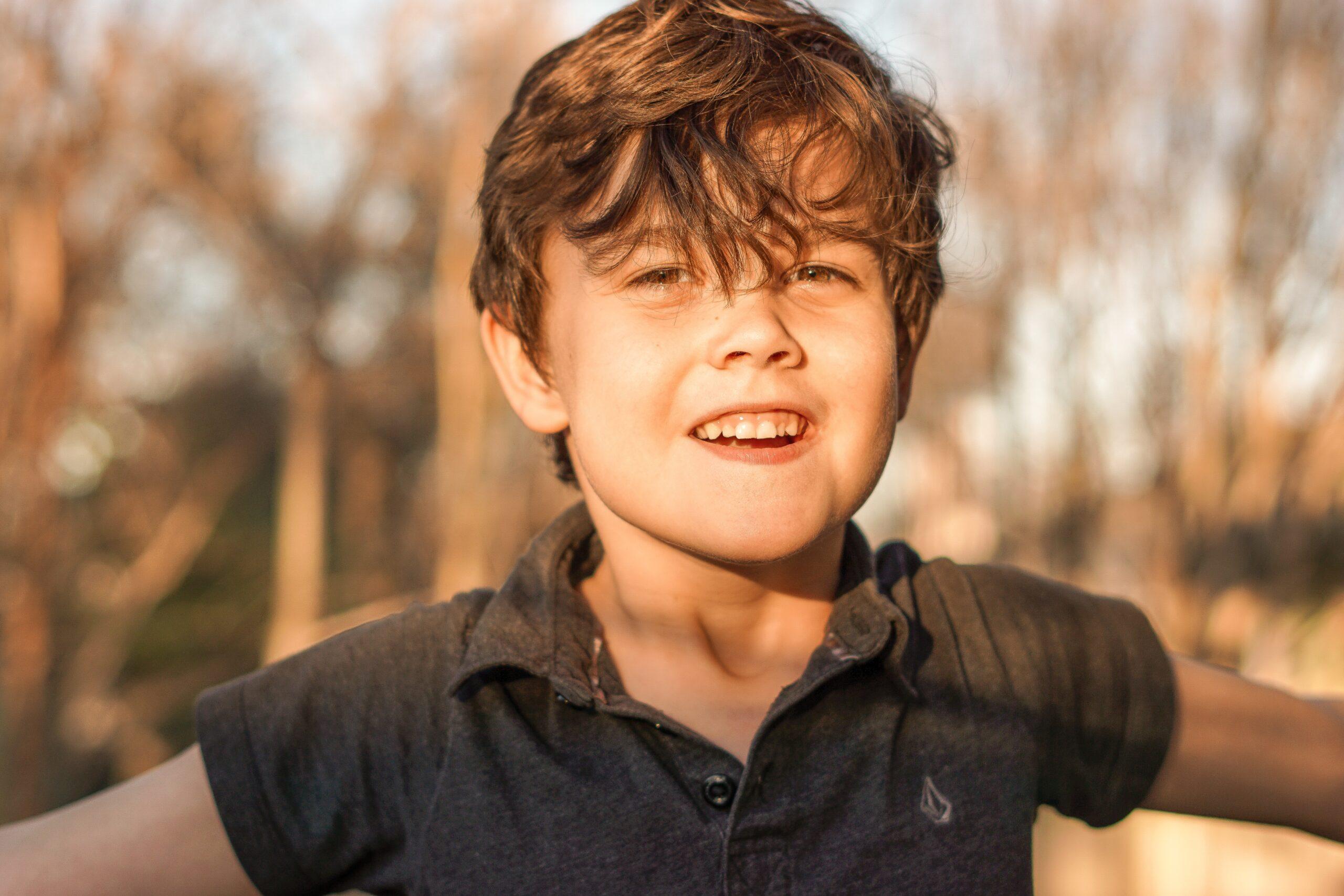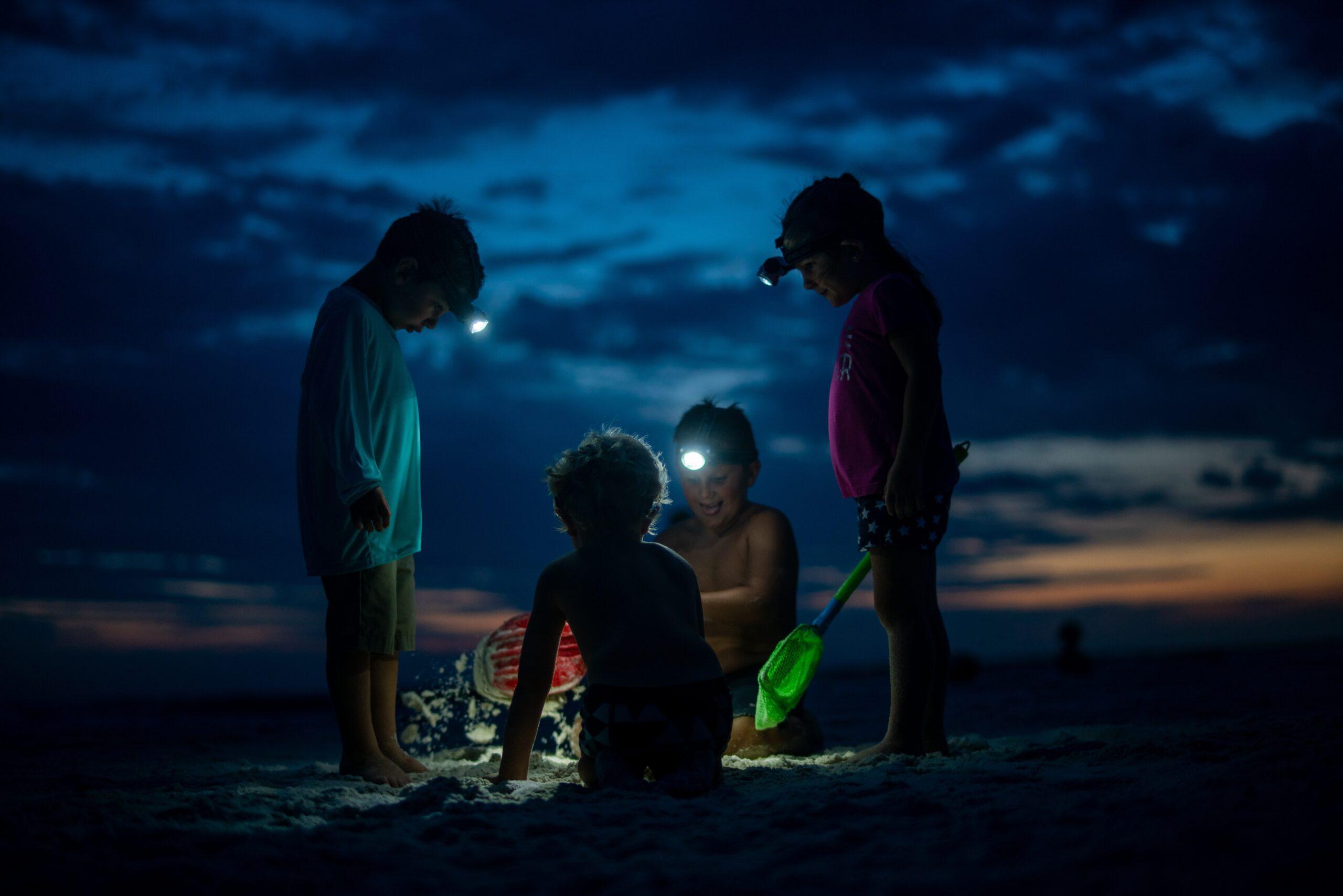My favorite Gary Larson cartoon features a pair of narrative squares. In the top box, titled “What We Say to Dogs,” the owner is admonishing his dog by saying something like, “Okay, Ginger! I’ve had it! You stay out of the garbage! Understand, Ginger? Stay out of the garbage or else!” In the bottom box, titled “What They Hear,” the drawing is identical, but the dialogue bubble says “Blah, blah, blah, Ginger! Blah, blah, blah.”
The joke, of course, is that as smart as dogs are, we may not be talking to them in a way they understand. Likewise, the correspondence between parents and children about summer camp often gets lost in transmission. However, when parents communicate the power of camp, and properly prepare for the experience, all parties benefit.
The beauty of a week or more at camp is part physical, part developmental. Recent research by the American Camp Association documents: Camp often accelerates children’s growth in independence, self-esteem, social skills, physical and cognitive skills, sense of adventure and spirituality. Camp— either day or overnight— combines living in a community, being away from home without parents and spending time in the outdoors. This camp trinity has the power to accelerate development as well as to make children declare, “I love camp, because at camp I get to be myself.” Yet, few childhood activities stir up as much anxiety in parents and children as a summer at camp.
My own research, recently summarized in the journal Pediatrics, has demonstrated that most parents feel nervous about their children going to camp. And 95 percent of children experience some homesickness during a couple of weeks at camp. Without proper preparation, one in five children becomes so homesick that it interferes with his or her stay. One in 14 kids has extreme homesickness associated with significant symptoms of anxiety and depression.
The good news? With proper preparation, the intensity of first-year campers’ homesickness can be limited and parents’ separation anxiety can be gracefully soothed. The secrets lie in wise communication.
Involve your child in all the big and small decisions about camp.
Children who feel forced to go to camp are considerably more likely to feel homesick at camp than those whose parents invite them to discuss everything about camp, such as the right year to start, what kind of camp matches their personality, where to go geographically and which session length seems best. It’s even important to bring children on the shopping trip for toiletries and to let them pack their own trunks and backpacks. Feeling ownership over the experience promotes adjustment.
Make a plan for correspondence.
Most overnight camps forbid the use of phones, computers and hybrid electronic devices. Traditional letter writing is generally how parents and children stay in touch. When is the last time your child hand-wrote a letter? Encourage your child to practice letter writing weeks or months prior to camp. Then, be sure to pack pre-stamped, pre-addressed envelopes if you want any replies to the letters you’ll be sending.
Talk about homesickness.
Yikes! Really? Yes. Normalizing the jitters people feel when they’re away from a familiar environment makes your child relax. Provide insight about the best ways to cope with normal feelings of missing home. And offer some quality practice time away, like a sleepover at a friend’s house or a long weekend with the grandparents.
Share personal anxieties with a trusted adult, not your child.
Talk with your spouse, partner, friend or colleague, instead of giving your child reason to worry about you. Parents who say ambivalent things to their children, like “Have a great time at camp. But I don’t know what I’ll do without you,” set the stage for preoccupying thoughts of home— the very definition of homesickness. Instead, teach your children that camp is a special opportunity to make new friends, learn games and have fun in the great outdoors.
Never make a pick-up deal.
It’s normal for children to ask, “What if I feel homesick?” Resist the temptation to say, “If you feel homesick, I’ll come and get you.” That’s the equivalent of saying, “I have so little confidence in your ability to cope with these normal feelings that I think the only solution is for me to come rescue you.” Try saying: “I’m sure you’ll miss some things about home. That’s normal. But I know you’ll have a great time at camp. You’ll make new friends, try new activities and barely have time to think about home. And if you do feel a little homesick, there are staff at camp to talk with. A counselor’s job is to help everyone at camp have as much fun as possible.”
Rather than having any Gary Larson moments where you and your child are talking past each other, open the lines of communication about camp. Involve your child in the decision to go to camp, make plans for keeping in touch, be candid about homesickness, confide in a peer about your own angst and provide your child with uniformly positive messages of confidence and optimism. When all that honest communication is over, you can begin looking forward to the gush of exciting stories your child will share with you after the last day of camp.
Top Ten Things Most Kids Forget to Pack
- Pillow. Essential at any overnight camp, a pillow can serve as a good reminder of home.
- Stamps. It’s best to pack pre-stamped, pre-addressed envelopes and postcards.
- Deodorant. While this toiletry is not needed for the little ones, big boys and girls can stink.
- Toothbrush. It’s on every camp packing list, but it’ll get lost, so pack two.
- Extra socks. Pack six extra pairs of socks to compensate for losses, especially with the camp laundry system.
- Sharpie marker. You should label your children’s belongings before the experience, and give your child a way to label clothing he or she buys at camp.
- Raincoat. Don’t succumb to your child when he says, “I won’t need that!”
- Sunglasses. Pack a cheap pair, but be sure the sunglasses block 100 percent of UV rays.
- Sunscreen. Confirm that your child knows to use it!
- Memento. Tuck a family photo, a stuffed animal or any small reassuring object in your child’s camp trunk.




